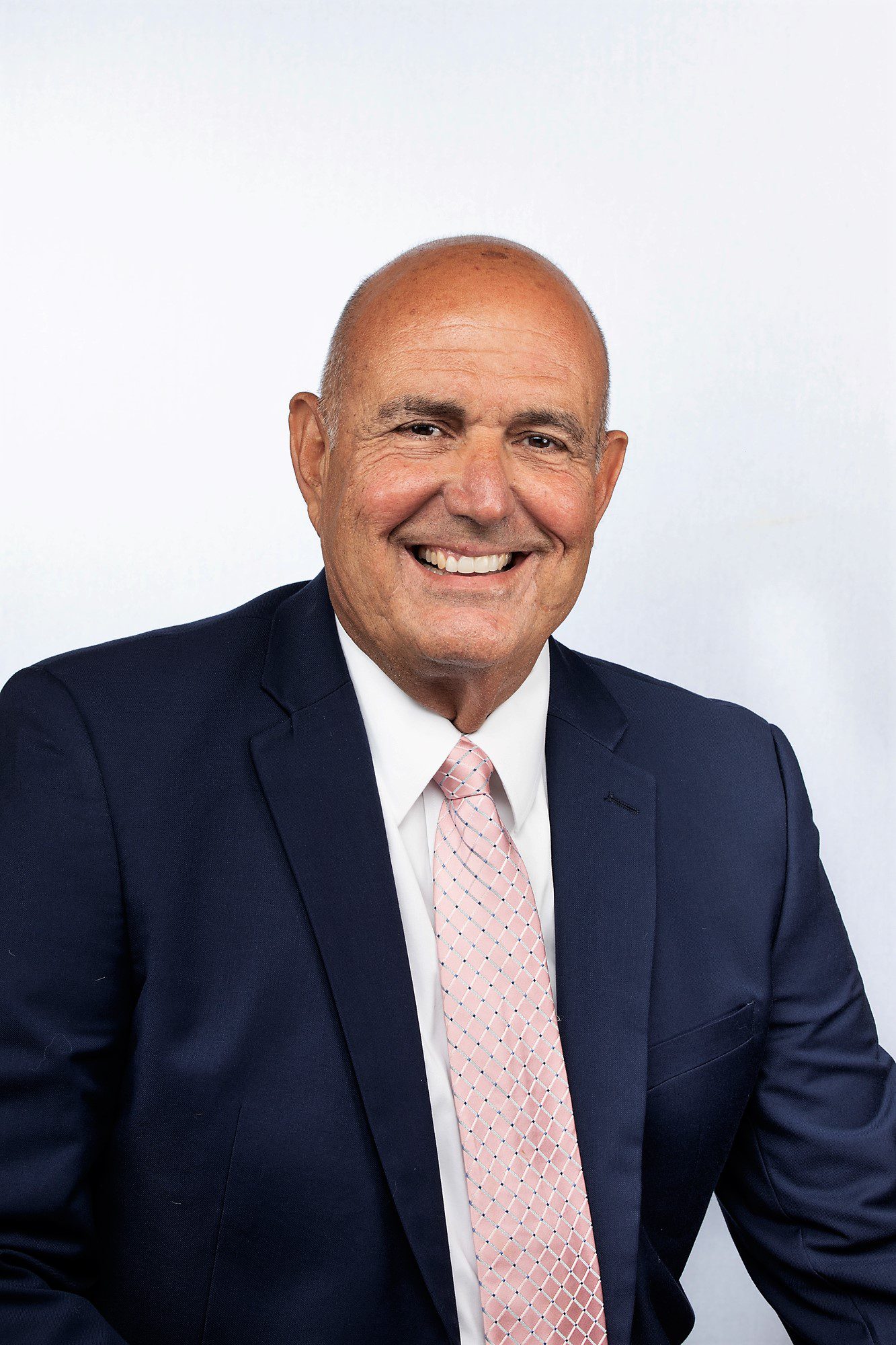Unique water main replacement spanning entire Florida Keys underway
June 27, 2023

AWWA Articles
Unique water main replacement spanning entire Florida Keys underway
When Greg Veliz looked for comparable projects to guide plans to replace the sole water transmission line from the United States mainland down through the islands of the Florida Keys, he came up short.
 “I didn’t even come close,” said Veliz (pictured right), executive director of the Florida Keys Aqueduct Authority (FKAA). “Nobody has done this kind of project.”
“I didn’t even come close,” said Veliz (pictured right), executive director of the Florida Keys Aqueduct Authority (FKAA). “Nobody has done this kind of project.”
In March, the FKAA began work on a multidecade, multibillion-dollar project to replace the entire 130-mile transmission line that feeds 1,700 islands of the Florida Keys. The first phase involves crews replacing the main’s oldest section that is also most prone to corrosive tidal flows, a four-mile stretch in the village of Islamorada, which spans six islands.
Every day, FKAA delivers about 25 million gallons of water to 55,000 customers from the Biscayne Aquifer near Florida City on the mainland. The nearly 40-year-old, 30-inch ductile iron pipe is being replaced with a 36-inch steel line that has been cathodically protected, in which an outer layer of the pipe is corroded to protect the rest of the pipe against rust.
“Every day, those steel pipes come in contact with tidal flows, twice a day, in and out,” Veliz said.
Using cathodically protected steel and burying most of the pipe along highway U.S. 1 or under the ocean floor —instead of being strapped to the 45 bridges that connect the Keys — will lengthen the pipe’s lifespan and prepare it for climate-related risks, he said.
To date, crews have installed more than 5,000 feet of new transmission main, moving faster than officials had expected. Crews are working 24 hours a day, five days a week along one side of the two-lane highway, navigating a narrow subfloor already crowded with phone, cable, Internet and sewer lines.
 “Anytime you interrupt traffic on the Florida Keys, it’s a big deal,” Veliz said. But so far, residents and tourists seem to be taking it in stride and learning a bit more about where their water comes from in the process.
“Anytime you interrupt traffic on the Florida Keys, it’s a big deal,” Veliz said. But so far, residents and tourists seem to be taking it in stride and learning a bit more about where their water comes from in the process.
“People ride up and down that highway every day, and they don’t understand what’s going on beneath them,” he said.
That’s testament to how smoothly FKAA delivers water these days.
“When I was young, low water pressure and lack of water was not something unusual. We used to joke that we’d have to run around in the shower so we’d get wet,” said Veliz, a lifelong resident of the Keys. “Now we’ve perfected water delivery so it’s second nature.”
The U.S. Navy installed the original transmission line almost a century ago to deliver water to its base in Key West, at a cost of about $3 million. Now, it’ll cost roughly $10 million a mile to replace, and that price will only increase over the course of the project’s 10- to 20-year buildout, Veliz said.
FKAA and Islamorada have received $35 million in state and federal grants for the first phase of the main replacement project, and the remaining $7 million will be funded with low-interest loans. This phase is slated for completion in February 2025, and officials are now working on financing and designing the project’s next phase, he said.
Once complete, the transmission line replacement will improve the system’s reliability, reduce lost water, improve pumping efficiencies and reduce the authority’s carbon footprint, Veliz said. A related project — designing a third reverse osmosis treatment system to clean saltwater — will help ease FKAA’s reliance on the potable transmission line, building redundancy and climate resiliency into its water system, he said.
One takeaway from this project has been the importance of developing a long-term maintenance plan to get in front of these problems before they become overwhelming.
“You really need a plan that someone down the road, two, three directors later, can look at and say, ‘hey, we really need to look at this section of pipe. It’s going to need a lot of repairs soon,’” he said.
This decades-long project will exceed Veliz’s tenure at FKAA, but he’s thankful for his role at the onset.
“It’s super exciting,” he said. “It’s difficult in a way because I’ve never started a project that I knew I would never see the end of. But it’s exciting at least to be part of its beginning.”
Advertisement